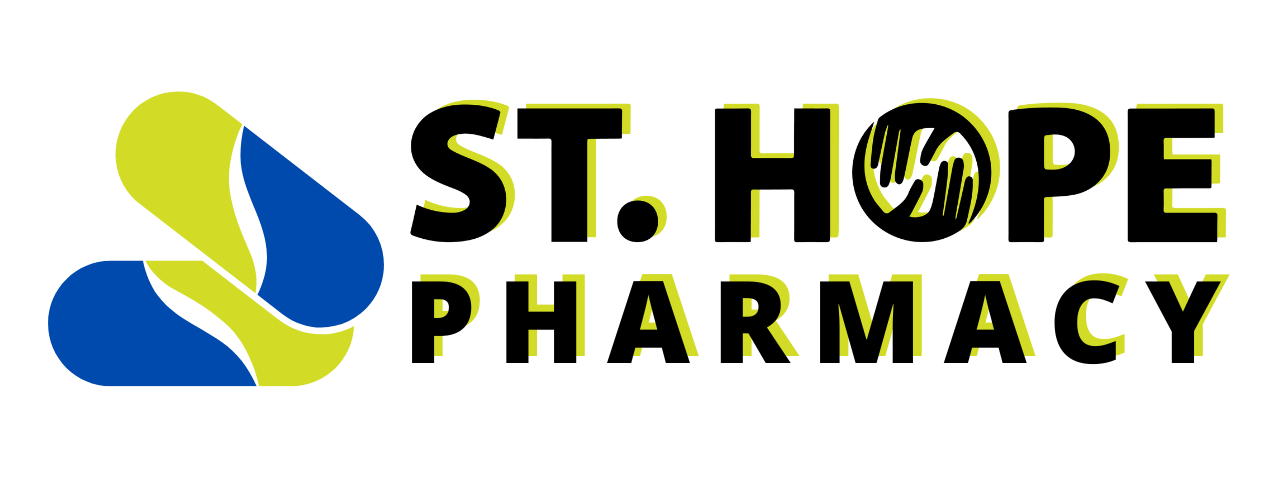Generic Drugs vs. Name-Brand Drugs: What You Need to Know

The debate between generic drugs and name-brand drugs is one that has been ongoing for years. Patients often wonder whether generic drugs are as effective and safe as their brand-name counterparts.
Knowing the differences, similarities and the reasons behind the cost discrepancies between these two categories can help consumers make informed decisions about their medications.
What Are Generic Drugs?
Generic drugs are medications created to be the same as an already marketed brand-name drug in dosage form, safety, strength, route of administration, quality, performance characteristics and intended use. They are essentially copies of brand-name drugs with the same active ingredients.
According to the U.S. Food and Drug Administration (FDA), generic drugs are required to meet the same rigorous standards as brand-name drugs in regards to their efficacy, safety and quality.
What Are Name-Brand Drugs?
Name brand drugs, also known as branded or proprietary drugs, are the original products developed by pharmaceutical companies. These companies hold patents that provide exclusive rights to sell the drug for a certain period, typically 20 years from the date of filing the patent.
During this time, the company can recoup the costs of research and development, marketing and distribution. Once the patent expires, other manufacturers can produce generic versions of the drug.
Similarities Between Generic and Brand-Name Drugs
- Active Ingredients: Both generic and brand-name drugs contain the same active ingredients in the same dosage.
- Effectiveness: Generic drugs are required by the FDA to be bioequivalent to the brand-name drugs. This means they must work in the same way and provide the same clinical benefits.
- Safety and Quality: Both types of drugs must meet strict standards set by regulatory agencies. This includes rigorous testing and inspections to ensure safety, quality and effectiveness.
Differences Between Generic and Brand-Name Drugs
- Inactive Ingredients: While the active ingredients are the same, generic drugs may have different inactive ingredients, such as fillers, binders and coloring agents. These differences generally do not affect the drug’s performance but can cause variations in appearance and taste.
- Cost: One of the most significant differences is the price. Generic drugs are typically cost much less than brand-name drugs. This is because generic manufacturers do not bear the high costs of drug development and marketing. The lower cost can make medications more accessible to a broader population.
- Packaging and Branding: Brand-name drugs often come with distinctive packaging and branding, which are not replicated by generic drugs. This can sometimes lead to confusion for patients who switch from brand-name to generic drugs.
Why Are Generic Drugs Less Expensive?
- Development Costs: Brand-name drugs require extensive research and development, including clinical trials, which are expensive and time-consuming. These costs are not incurred by generic drug manufacturers.
- Marketing and Advertising: Pharmaceutical companies spend significant amounts on marketing and advertising brand-name drugs. Generic manufacturers typically do not invest heavily in marketing.
- Patent Expiry: Once the patent of a brand-name drug expires, multiple manufacturers can produce and sell the generic version, leading to competition and lower prices.
Common Misconceptions About Generic Drugs
- Effectiveness: Some people believe that generic drugs are less effective than brand-name drugs. However, as mentioned, generic drugs must demonstrate bioequivalence to the brand-name versions, meaning they work the same way in the body.
- Safety: There is a misconception that generic drugs are not as safe as brand-name drugs. Generic drugs must meet the same safety standards as brand-name drugs and are subject to rigorous testing and regulation.
- Quality: Some patients may assume that generic drugs are of lower quality. In reality, generic drugs must adhere to strict manufacturing practices and quality controls set by regulatory agencies like the FDA.
The Role of the FDA
The FDA plays a crucial role in making sure that generic drugs are safe and effective. Before a generic drug can be marketed, the manufacturer must prove that the drug is bioequivalent to the brand-name drug.
This involves demonstrating that the generic drug delivers the same amount of active ingredients into the bloodstream in the same amount of time as the brand-name drug. The FDA also conducts periodic inspections of manufacturing facilities to ensure compliance with good manufacturing practices.
Full-Service Pharmacy in Houston, TX That Puts the Needs of Patients First
Whether you have questions about a brand-name medication or a generic, or need expert advice on managing your prescriptions, our dedicated team of pharmacists is here to support you every step of the way.
Schedule your appointment with us today or give us a call at (713) 778-1300.


